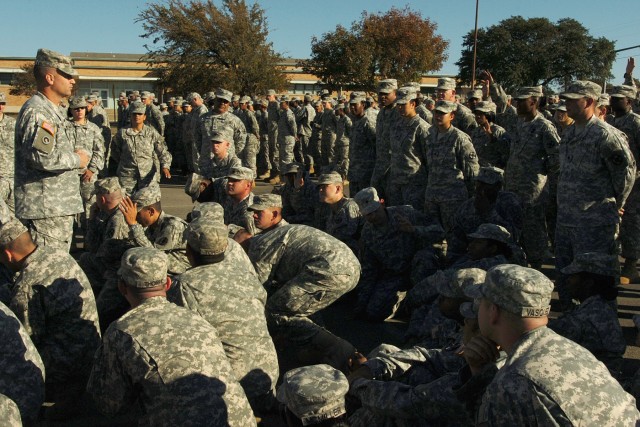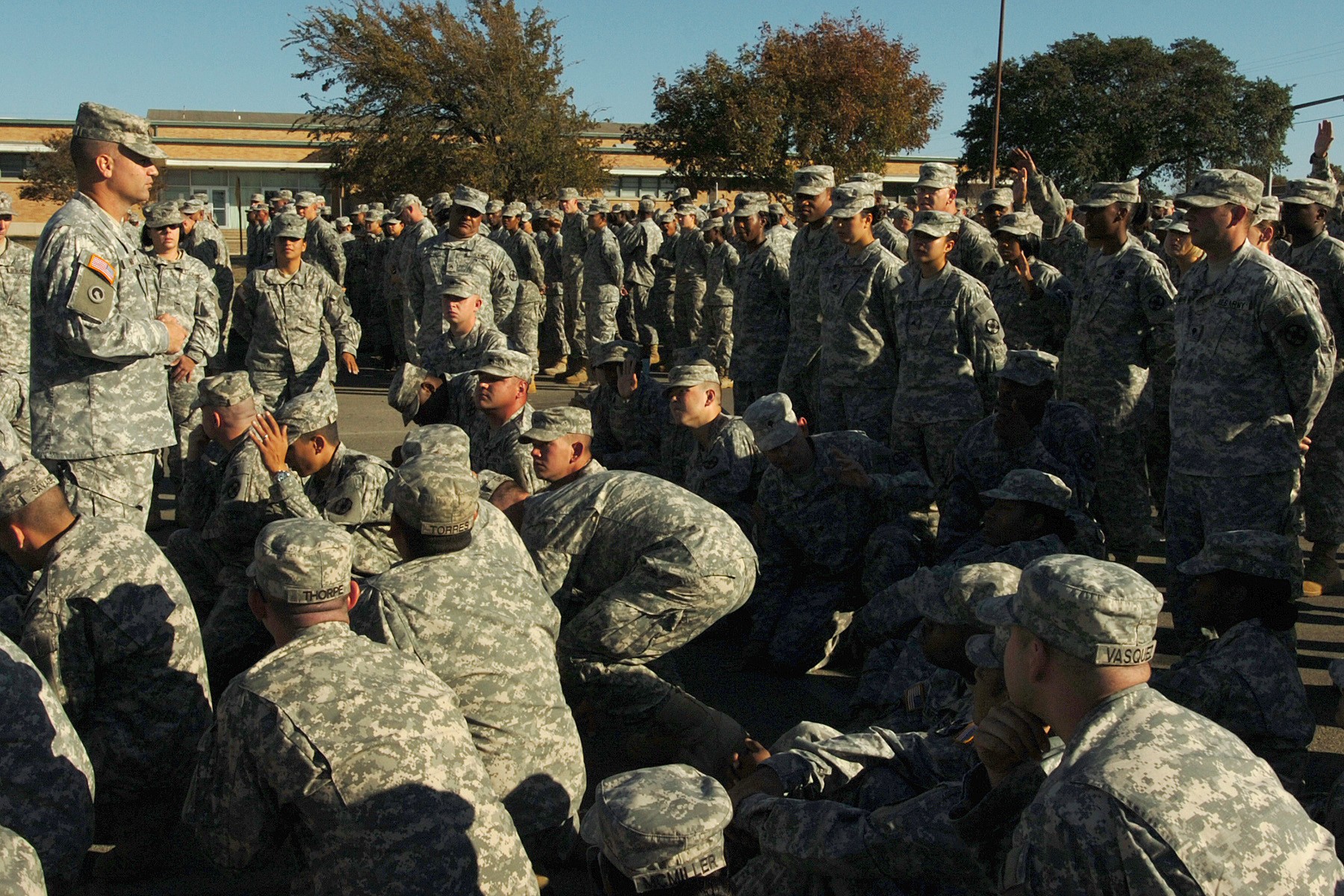FORT LEWIS, Wash. (Army News Service, June 9, 2009) Aca,!" "What a senseless way to die."
It was the unspoken sentiment most of us in the battalion shared during the memorial ceremony in Evergreen Chapel here.
Company leaders rewound their memories to the Friday before Memorial Day, questioning what they could have said or done differently to change events.
A Soldier had lost his life at a local lake, celebrating his imminent exit from the Army. Though it happened 28 years ago, I can still feel the sense of loss and helplessness over it.
Company first sergeants throughout 2nd Battalion, 39th Infantry had gathered their platoons the Friday before to give the obligatory safety briefings, the last official requirement before the long weekend.
I can picture restless Soldiers in formation, eyes glazed over, planning their routes to the lake, their trips to the Class VI store and what they had in store the next day for the popular specialist.
He had made it to 22 on his last birthday without tasting alcohol. His friends, however, convinced him that it was his last chance to finally party with his buddies. He was too congenial to turn them down.
His platoon had recently been through a lot together, surviving an Inspector General inspection and acing an Army Training and Evaluation Program at Yakima Training Center here. It had been a punishing year and they felt entitled to blow off steam.
The next day, beer dulling their senses and ruining their reason, the Soldiers ignored their first sergeant's warnings and tested the icy lake water. Going in became a test of manhood. Soon there was confusion, kamikazee-style charges into the water, splashing and drilling each other with a volleyball from close range. After a while as their lips turned blue, they got out to dry off, warm up and refuel.
It was a great time on a sunny day for a tight-knit platoon, a group of friends. They popped fresh beers and toasted their bravado.
Finally, someone noticed the guest of honor was missing. Another said he had seen him run into the water, but no one had seen him come out. Confusion turned to panic through the platoon. Several Soldiers dashed back into the lake, diving furiously to the murky bottom until they couldn't stand the cold.
Aca,!A"It happened so quickly,Aca,!A? they said afterward. One second their friend was there, splashing in the freezing water, and the next he was gone. Disasters often happen like that.
The battalionAca,!a,,cs leaders met to assess what had gone wrong. The commander was ending his two-year tour without so much as a serious training injury Aca,!" until this. He demanded to know how his safety messages had been transmitted to the troops.
In the end, the company commander and his first sergeant had gone by the numbers. They had said the right things, conducted the required safety briefings. They had even warned of the cold lakes and as always, cautioned against drinking to excess. Their Soldiers chose to disregard the messages.
Safety briefings tend to be cliche. "What other words can you use'" the company commander asked, indicating that there had to be a better way to get the safety message out. But it was too late for that specialist, and as battalion adjutant, it fell to me to write the commander's eulogy. I began it with what we all felt.
"What a senseless way to die."
(Don Kramer is a retired Army officer and a reporter with Fort Lewis' Aca,!A"Northwest Guardian.Aca,!A?)


Social Sharing